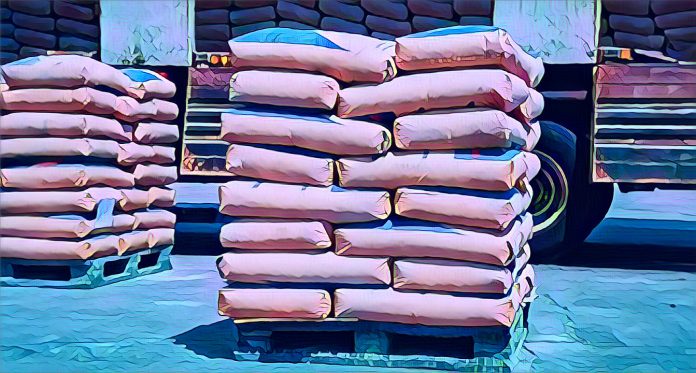The House of Representatives of Nigeria has initiated an investigation into the significant surge in cement prices, targeting industry giants like Dangote Cement, BUA, Lafarge, and other key players. The probe, announced during a session led by Speaker Tajudeen Abbas, aims to scrutinize the reasons behind the recent sharp increase in cement costs, which has directly impacted the construction sector, escalating the prices of building materials, and subsequently, housing costs across the nation.
This legislative inquiry, led by the House Committees on Solid Minerals Development, Commerce, Industry, and Special Duties, is set to unravel the factors contributing to the price hike and examine the role of what has been termed “the cement cabal” in this development. The committees have been tasked with reporting their findings to the House within four weeks, setting the stage for potential legislative interventions.
Lawmaker Mr. Gbefi Jonathan, representing Nasarawa State, spearheaded the motion for this probe, highlighting the adverse effects of cement price inflation on the construction industry and housing affordability. He argued that the increase is unjustifiable, given that the primary raw materials for cement production—lime, silica, alumina, iron oxide, and gypsum—are locally sourced and should not be subject to the whims of exchange rate fluctuations.
Jonathan’s criticisms extend to accusing certain industry players of exacerbating the financial strain on Nigerians by driving up the costs associated with renting and building homes. This move by the cement manufacturers is seen as not only undermining the economic well-being of the populace but also as a challenge to President Bola Tinubu’s administration, which has prioritized making living conditions more bearable for citizens.
The investigation is set against a backdrop of growing concerns over monopolistic practices and their effects on market prices and consumer welfare. By calling officials from Dangote Cement, BUA, Lafarge, and others to account for the price increases, the House of Representatives is taking a stand against potential market manipulation and seeking to ensure that the construction and real estate sectors can thrive in an equitable and sustainable manner.
This probe into the cement industry is a critical step toward addressing the affordability crisis in Nigeria’s housing market. It signals the government’s commitment to transparency, fair competition, and the protection of consumer rights. As the investigation unfolds, it will be crucial to examine the broader implications of its findings on Nigeria’s economic policies, regulatory frameworks, and the overall goal of achieving affordable housing for all citizens.
The outcome of this investigation could pave the way for regulatory reforms aimed at enhancing competition within the cement industry, possibly leading to more reasonable pricing strategies that reflect the true costs of production and market dynamics. Such reforms would not only benefit consumers but could also stimulate growth in the construction sector by making building projects more financially viable.
As the House Committees delve into the complexities of cement pricing, their findings will likely shed light on the need for a more robust regulatory environment that can prevent undue price inflation and protect the interests of both consumers and genuine industry competitors. The success of this probe could set a precedent for tackling similar issues in other sectors, contributing to a more balanced and equitable economic landscape in Nigeria.
The proactive stance of the House of Representatives exemplifies the essential role of legislative oversight in safeguarding public interest and fostering a fair market economy. By addressing the concerns raised by the sudden spike in cement prices, the Nigerian government demonstrates its responsiveness to the challenges facing its citizens and its readiness to confront obstacles to national development and prosperity.



